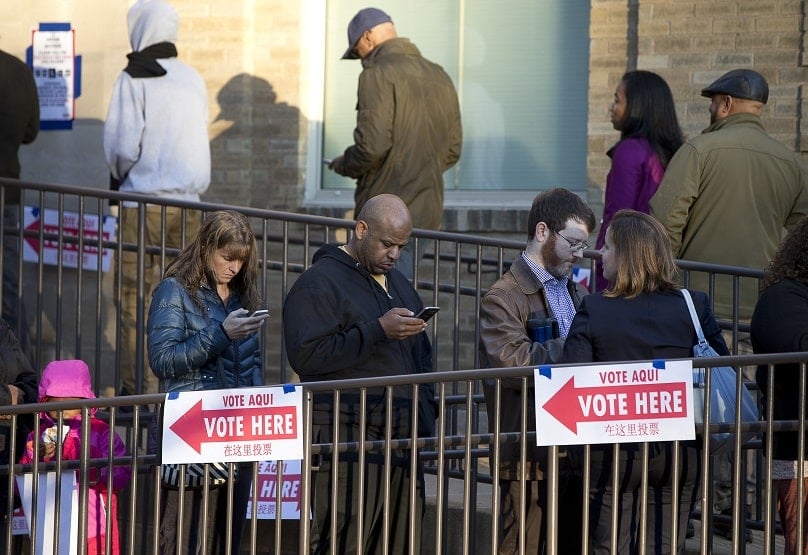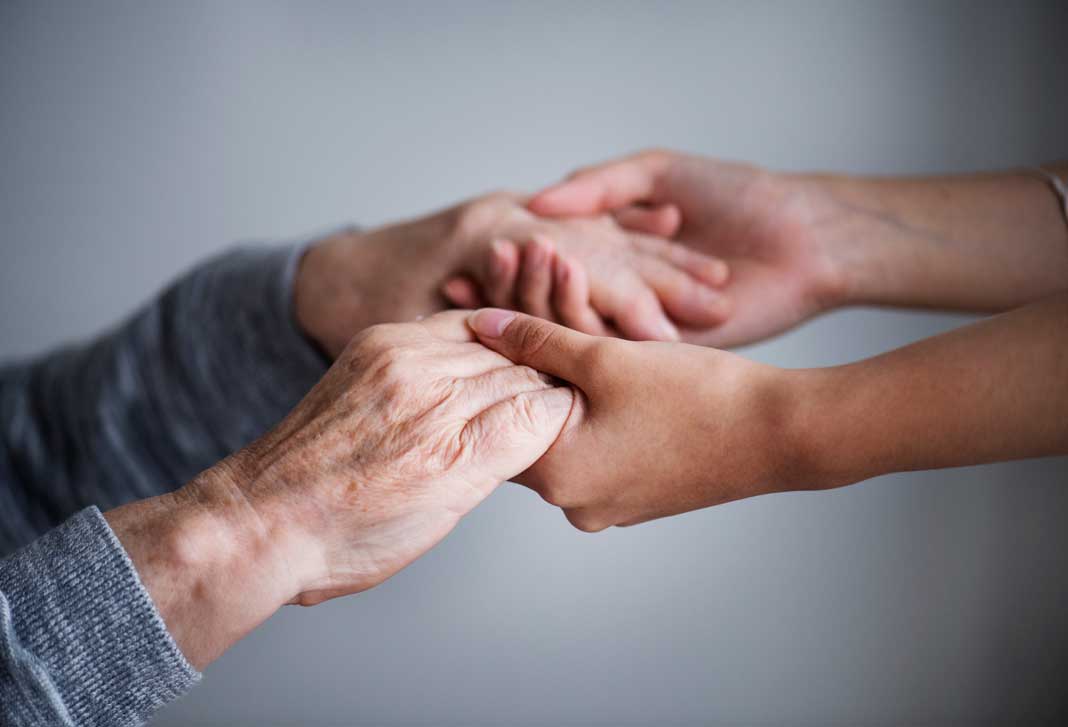
What makes us feel part of a community?
The question of felony disenfranchisement is in the news again. Depending on what state you’re in, if you commit a certain class of crime, you may be prohibited from voting even after you serve your time, sometimes for the rest of your life.
I won’t go into the particulars of the specific question in the news, because, as is so often the case, the really interesting part is how the law plays out in the life of actual people.
If you had asked me in the past, I’d probably have said that it only seems fair. I would have said that if you don’t want to play by the rules, then you shouldn’t get to be involved in any part of the process of making the rules; and that’s what voting is, I would have said: Getting to choose who makes the rules. That’s what it means to live in a democracy.
I think differently now, about a lot of things. Specifically about felony disinfranchisement, I began to change my mind when I heard a man tell his personal story. He said that when he emerged from prison after a long sentence for a felonious crime, he was a different man.
What he had done in the heat and foolishness of youth, he regretted every day of his life since then. It was right and just that he be punished; he accepted this. But when he emerged from prison in an election year, everyone around him was busily making plans and arguing and getting involved . . . and he was out.
Community is about the person next to you…the person who lives next door, the child you have a chance to teach, or the neighbour who may or may not consider himself your brother.
It wasn’t just that this was unpleasant. It struck him to the heart. He felt that he was being placed outside the realm of human activity, and it changed how he thought of himself as a human. He was being TOLD that no one expected him to act like a regular citizen. And so he didn’t. He began to fall back into petty crime, mugging and robbing and fighting.
A complex story, to be sure. No one thing is ever to blame for the actions of a human being with free will. But I was struck in a brand new way by how wounded was his sense of self by being excluded from this right, and how directly his sense of self affected his sense of self as part of the community. If you’re not part of a group, why should you act as if you are? You’d look like a fool.
There was a law that said he didn’t have a stake who represented him, and he took that to heart, and began once again to treat his fellow man as if they were not connected — and everyone suffered. He took it personally, and he acted out personally.
And in a way, it was reasonable to do so, because living in a community is a personal thing, which means that being made to feel like you’re not part of the community is also a personal thing.
These past few months, the daily news has been an absolute firehose of larger-than-life events. Topics of life and death importance; issues that strike at the very heart of what it means to be a citizen, a Christian, a human.

When I sit down to write, I am overwhelmed with helplessness at what one can possibly say, when everything that’s going on is so huge. And at the same time, the misunderstandings and dishonest discourse about these issues have also been huge, and hugely alienating.
People do not wish to understand each other; they only wish to rule over each other. And as someone who doesn’t wish to triumph or be triumphed over, I feel like I have nothing to say.
I have been feeling alienated from my own country, from my own democratic process, in a way that feels disastrous, like something I can’t recover from. I feel like huge machines are whirling away at their processes entirely without me. I feel like I don’t recognise the place anymore. I’m not literally disenfranchised; I can vote. But I’m having a hard time feeling like I should.
I don’t even feel like I can talk to anybody about important things, because the vast, violent processes of American politics are excluding me so definitively.
But there was one night when I didn’t feel that way. A few weeks ago, I picked up a quick gig for an election results aggregator, and drove out to gather numbers from a small rural town where the primary election had been held at a tiny church.
The polls were closed and a man walked from booth to booth, pulling down and carefully storing away for next time the laminated signs organising voters alphabetically. One woman quietly eased her feet out of her shoes and flexed them wearily under the folding table where she laboured, her lips moving silently as she carefully transferred information from one binder to the other.
Two other women hunched together over a stack of papers, the older one patiently showing the younger which line to record her tallies for the write-in votes. An elderly man groaned as he stiffly knelt down with a screwdriver before the voting machine, which knew how to count but suffered from chronic paper jams.
Nobody comes to this town to poll the citizens on what they think about national politics. But they all voted just the same, making their mark in their local election. They all turned up at 8.30pm on a Tuesday night, and there were a dozen or more volunteers still in that little church hall, quietly tilling their little patch of the democratic process, ballots and envelopes and screwdrivers in hand.
There was the old man literally on his knees, fixing the voting machine. I think I will remember that forever. And I went home feeling that I may still have a stake in what goes on.
Every action is communication, whether we mean it that way or not, and what I saw in that room that Tuesday night made me feel like I wanted to do better by my fellow man. Isn’t that strange? I know what small town politics are like. I know they’re not noble or free from corruption. But nevertheless, I was moved.
There’s been a lot of talk about what it means to be part of a community, lately. We’ve heard “we’re all in this together” so many times, it sounds like nonsense. And it is nonsense, if what you mean is that we’re all experiencing the same thing, or that we’re going through some kind of sweet, picturesque communal fable whose happy ending we can already see on the horizon.
Community and interconnectedness can be an ugly thing, with felons coming out of jail and starting right in again at mugging their fellow man. Or it can be a quiet thing, where people never reap what they sow, but trust that future generations will find some merit in the work they put in.
I do know we don’t have the luxury of always zooming out and looking only at big picture stuff. Community is about the person next to you, about the need in front of you, about the trivial exchange you have with the person who lives next door, or the child you have a chance to teach, or the neighbour who may or may not consider himself your brother.
So this essay isn’t really about voting. It’s about refusing to let yourself be disenfranchised from the community of man. You don’t have to volunteer at your local polling place; it doesn’t have to be that.
But you should not let the noise and violence of national politics make you forget that what is in front of you, in your city, in your community, in your neighbourhood, in your family, is real. It belongs to you. Your actions affect it. It is yours to get down on your knees and till.
